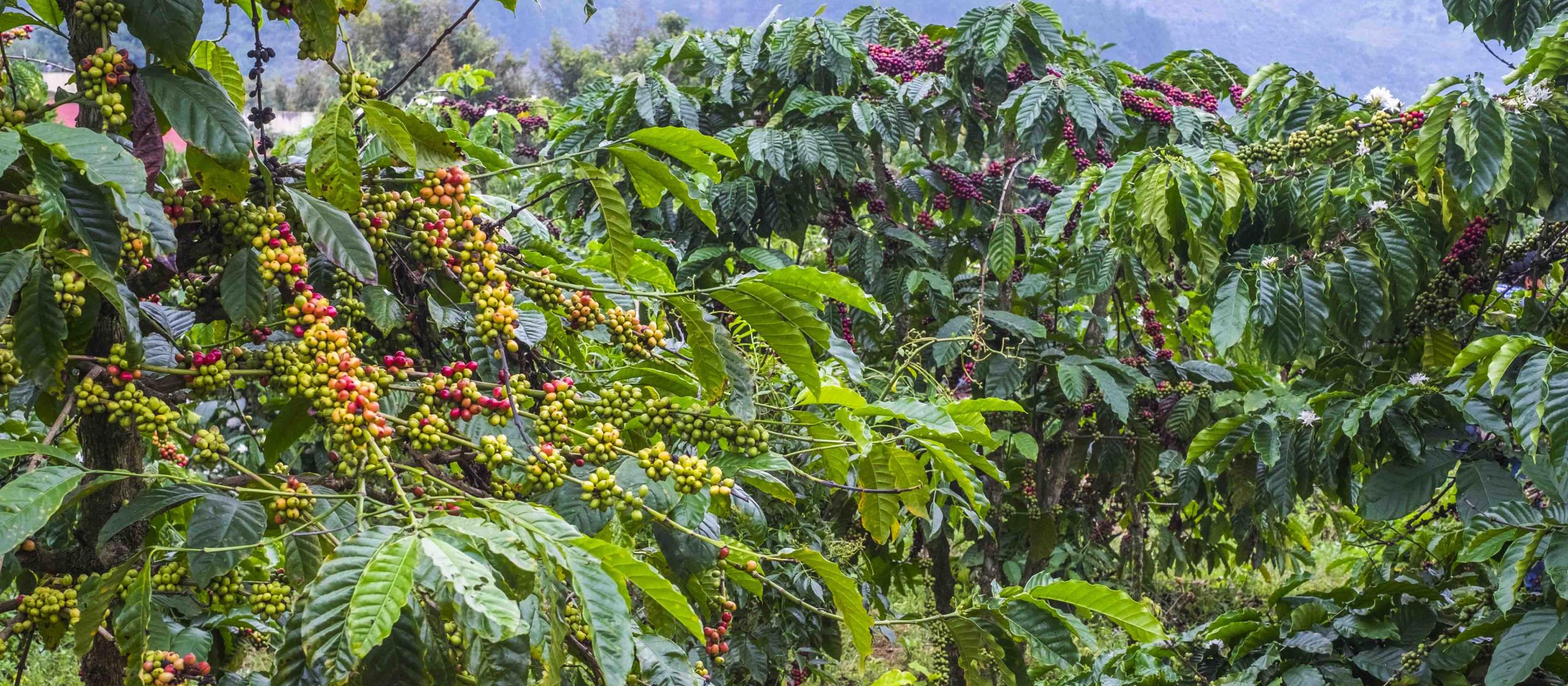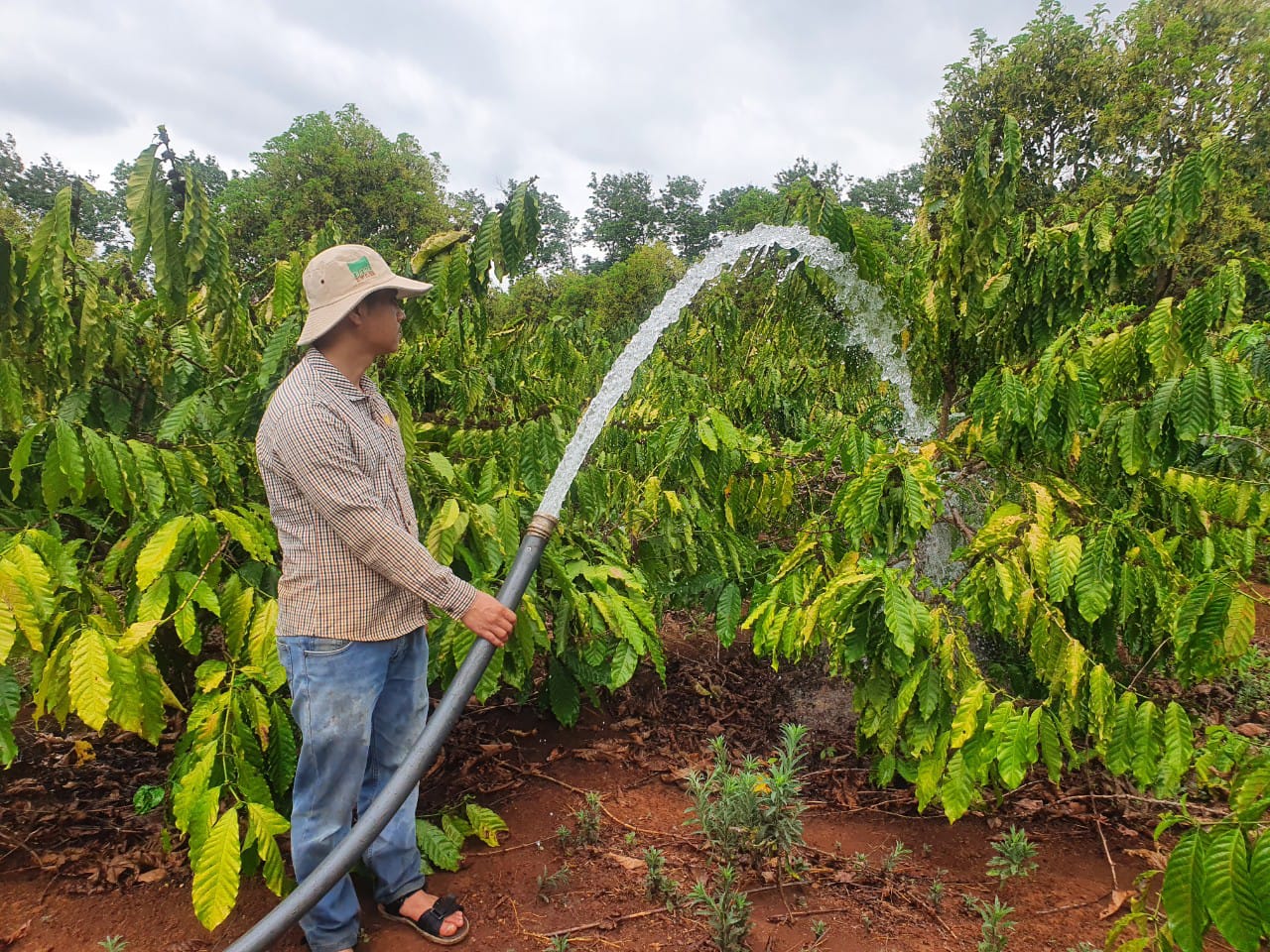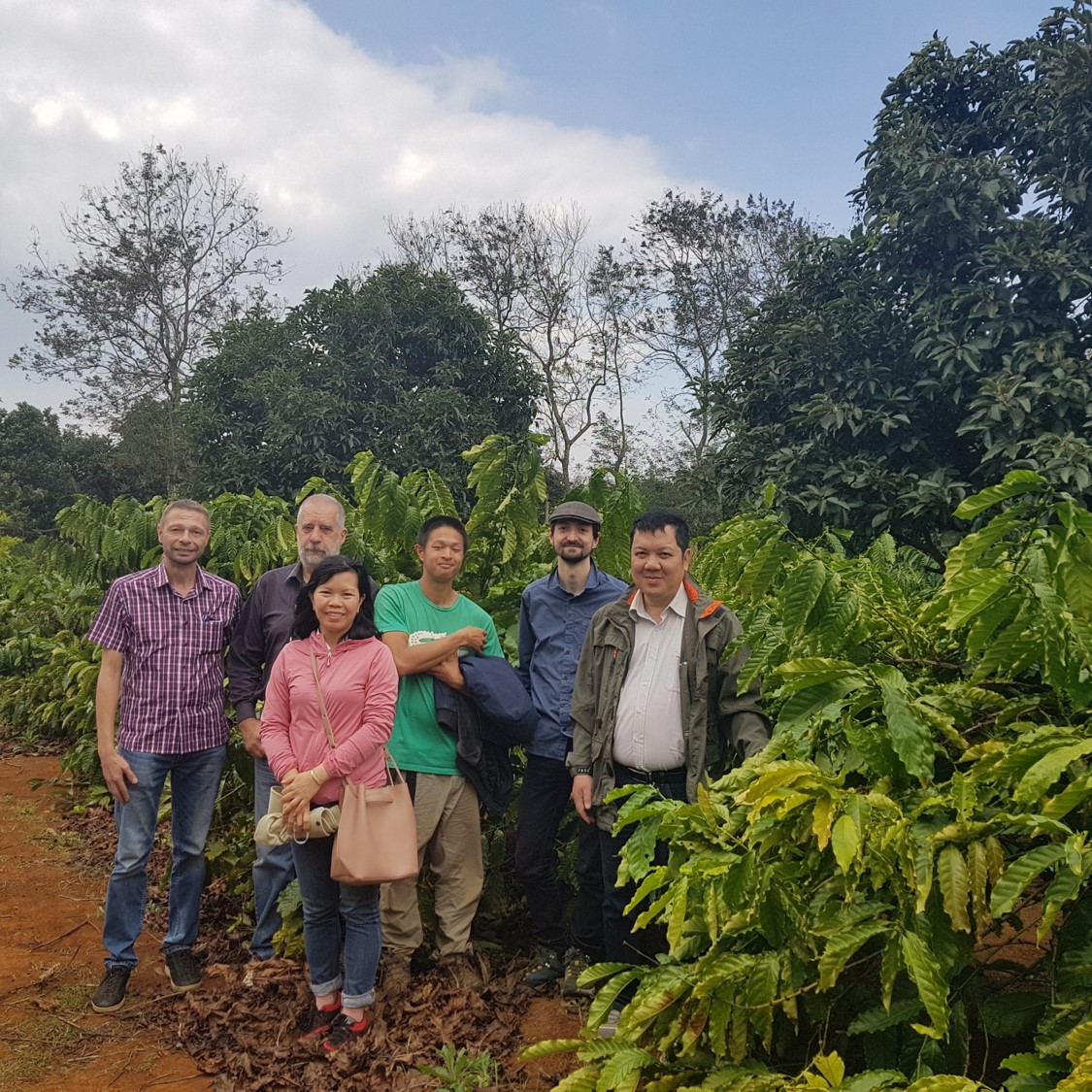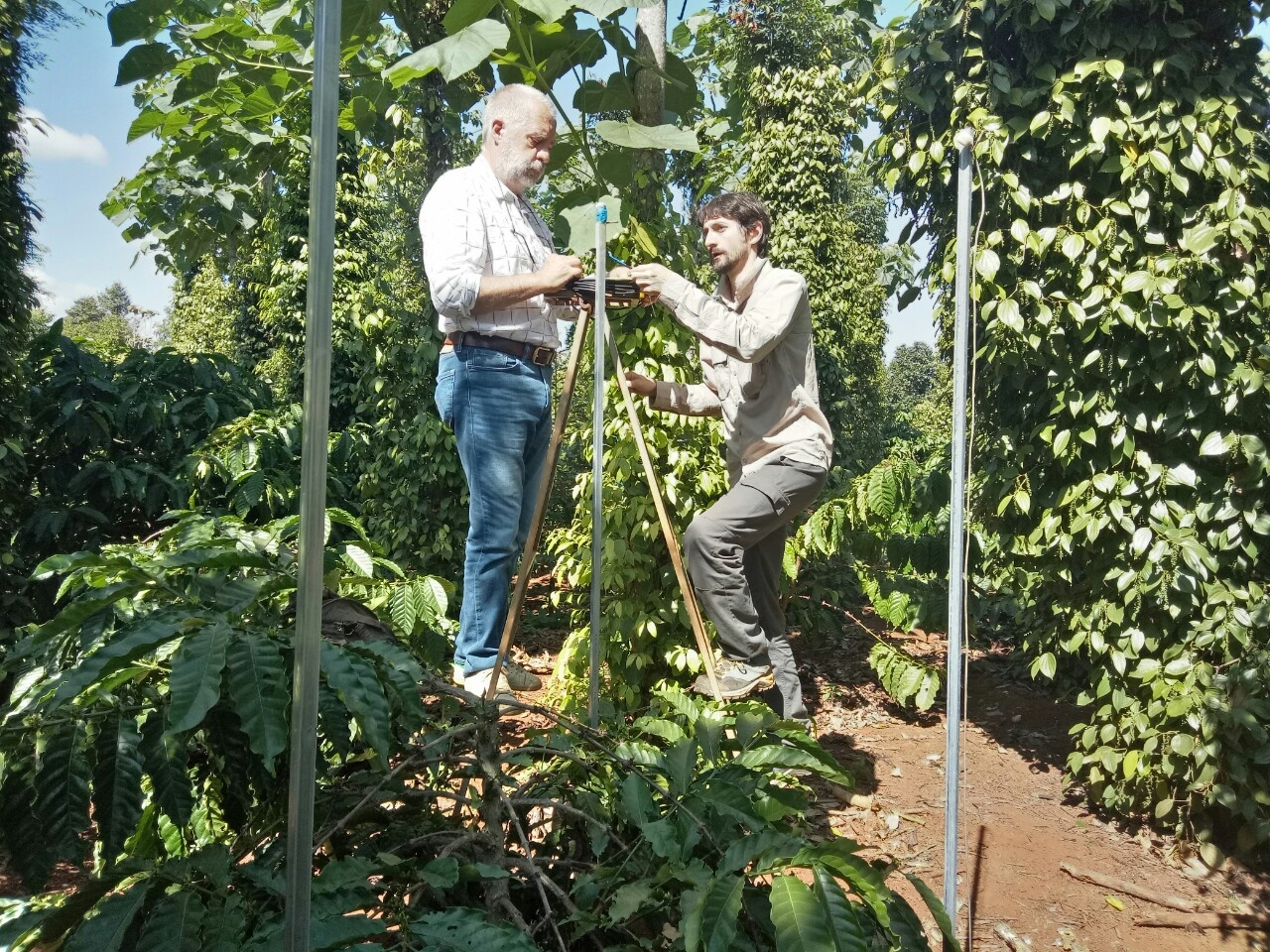- HomeHome
-
About ACIAR
- Our work
- Our people
-
Corporate information
- ACIAR Audit Committee
- Commission for International Agricultural Research
- Policy Advisory Council
- Agency reviews
- Executive remuneration disclosure
- Freedom of information (FOI)
- Gifts and benefits register
- Information publication scheme
- List of new agency files
- Contracts
- Legal services expenditure
- Privacy impact assessment register
- Commonwealth Child Safe Framework
- Benefits to Australia
- Careers
- 40 years of ACIAR
-
What we do
- Programs
- Cross-cutting areas
- Resources
- Where we work
-
Funding
- Research projects
- Fellowships
-
Scholarships
- John Allwright FellowshipScholarships to study in Australia for ACIAR partner country scientists to have Australian postgraduate qualifications
- ACIAR Pacific Agriculture Scholarships and Support and Climate Resilience Program
- Alumni Research Support Facility
- Publications
- News and Outreach
Date released
08 November 2021
An ACIAR-supported project is finding new ways to address the knowledge gaps hindering the sustainable development of coffee and pepper industries in the Central Highlands of Vietnam.
The region is Vietnam’s largest production hub for coffee and pepper and is currently the largest Robusta coffee and black pepper producer in the world.
However, despite more than a million smallholder farmers growing the crops across the Central Highlands, the region remains the second poorest in Vietnam.
The rapid expansion of the coffee and pepper industries has also caused widespread environmental degradation, inappropriate land use, and severe deforestation. Farming communities widely adopted intensive management practices to maintain high yield resulting in the misuse and overuse of fertilizers, irrigation water, and pesticides.
As a result, the Central Highlands is now one of the most degraded areas in Vietnam.
A group of multi-national scientists supported by ACIAR and led by the World Agroforestry Centre (ICRAF) is developing new, effective systems to replace the current inefficient and unsustainable practices.
Dr James Quilty, Manager of the ACIAR Soil and Land Management Research Program, said the project is playing a critical role in building knowledge and implementing practices that will ensure more sustainable coffee and pepper production, while making smallholders’ livelihood more climate resilient.
‘Change that is supported and developed through new knowledge, technology and agronomic management practices in this project will increase the resilience of coffee and pepper production to the impacts of climate change and will improve the environmental health and productivity of smallholder farms in the region,' said Dr Quilty.
The research is currently testing new irrigation schedules to replace existing practices that were seeing water wasted and crops over-irrigated. According to the project’s key research partner, Western Highlands Agriculture Science Institute (WASI), Central Highlands farmers have been watering their Robusta coffee almost double their physical needs.
Over-irrigation combined with the multiplication of wells have already resulted in serious water shortage during dry seasons. To help change this situation, the researchers are looking to show farmers solid evidence of the tree's actual watering needs first.
'We’re focusing on collecting robust and scientifically sound evidence to gaining insights into current agronomic practice, and the risks and opportunities to sustainable production through this research. This will provide a foundation for the development of efficient irrigation methods and sustainable use of water resources.
‘The project aims to provide farmers with knowledge and capacity on irrigation methods and technologies that will enable them to effectively utilise their water resources to meet the requirements for Robusta coffee and pepper.' Dr Quilty emphasised.
The project’s experimental irrigation plan includes a sap-flow system, soil moisture sensors, and a weather station. The sap-flow system measures the real-time evapotranspiration of the trees, providing information about actual water consumption. In parallel, soil moisture sensors will measure soil-water content at different depths, providing information about water availability.
Finally, the weather station will link crop water consumption data with climatic conditions. When the scientists link the final coffee yields with irrigation practices, they will know how much water is most efficient for each tree.
'When we know what the actual needs are, we can tailor irrigation practices to meet these needs but not over water. We will also see the water needs of different cropping systems and give better advice to farmers regarding their crop mixes,' said Dr Clément Rigal from ICRAF, who is overseeing the good farming practice component of the project.
Crop mixes of coffee and pepper with fruit trees such as durian and avocado are popular in the Central Highlands for high economic return. It is also more resilient to climate change as trees buffer temperatures for lower crops and help reduce the financial risks of one crop failure for smallholder farmers. Therefore, the research team will test the irrigation plan in three different plots: monoculture coffee, coffee and pepper, and coffee and avocado to assess the intercropping models that are most efficient in terms of water use efficiency.
The project has also engaged the local coffee and pepper businesses with strong agronomists and farmer networks to increase the experiment area, collect information to define the new recommendations, and spread them throughout the Central Highlands.
'Habits are hard to change, especially when the current practices seem to work in the short-term, with high yield and low costs of irrigation. But we believe farmers and businesses will take up new practices and technologies if they witness the evidence and gain confidence in the new systems. Our mission is to suggest them new practices with real benefits,' Dr Clément concluded.
The project is funded through the ACIAR Agribusiness Research Program and is scheduled to run until 2024. Learn more via the ACIAR website.






